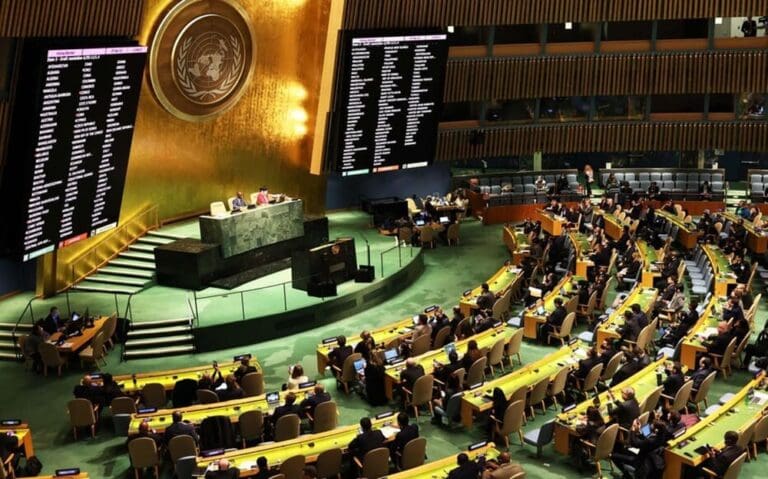Morocco is set to vote in favour of the 10th UN resolution on a moratorium on the death penalty, marking a significant policy shift.
Justice Minister Abdellatif Ouahbi announced the significant policy shift during a parliamentary session today, confirming Morocco’s intention to support the resolution at the upcoming UN General Assembly this month.
The move marks a shift from Morocco’s previous position, which abstained from voting on the previous nine resolutions. Mr. Ouahbi described the move as a testament to Morocco’s commitment to protecting the right to life. He cited Article 20 of the Moroccan constitution, which states: “The right to life is the first right of every human being. The law protects this right.”
Responding to questions from opposition groups and the majority, the minister described the decision as a historic step that is in line with Morocco’s evolving position on human rights. By supporting the resolution, he argued, Morocco aims to balance its role as a progressive nation in human justice while respecting its cultural
specificities and societal discourse.
The North African kingdom has maintained a de facto moratorium on executions since 1993, reinforcing its commitment to the principle of protecting life. Mr. Ouahbi suggested that supporting the UN resolution further consolidates this approach and demonstrates Morocco’s alignment with universal human rights values.
As Morocco prepares for this crucial vote, Ouahbi’s parliamentary speech sought to highlight the country’s efforts to champion humane justice on the international stage, marking a new chapter in its journey toward rights-based governance.
Although unprecedented, Morocco’s upcoming vote in favour of the UN resolution represents the culmination of a gradual shift in attitudes and policies toward capital punishment.
Last October, Morocco’s National Human Rights Council (CNDH) called on the Moroccan government to align its position and regulations on the death penalty with international human rights standards.
In particular, the CNDH urged Moroccan lawmakers to ratify the OP2 Protocol in accordance with Article 20 of the 2011 Moroccan constitution.
MK/Sf/ac/fss/as/APA


